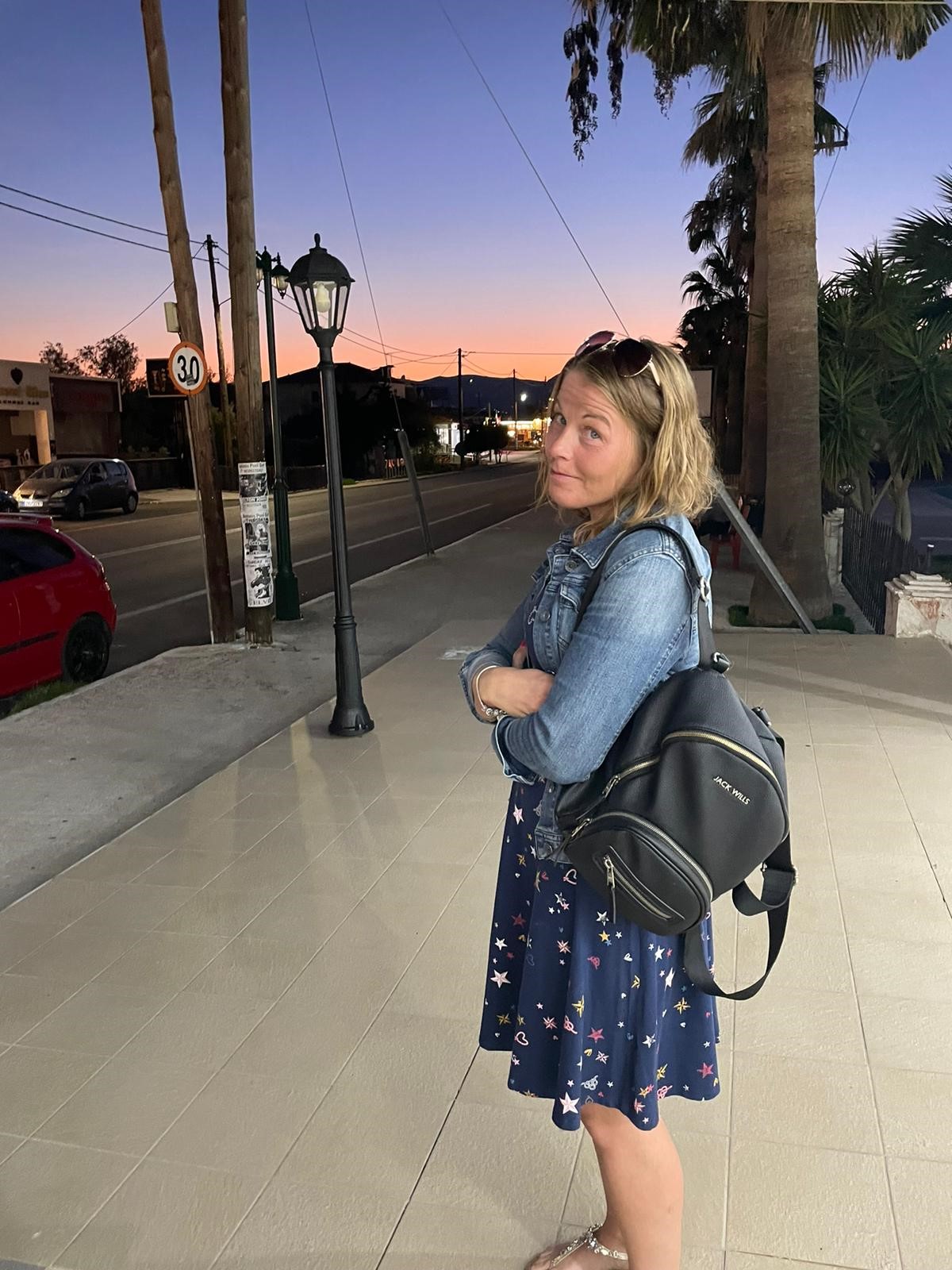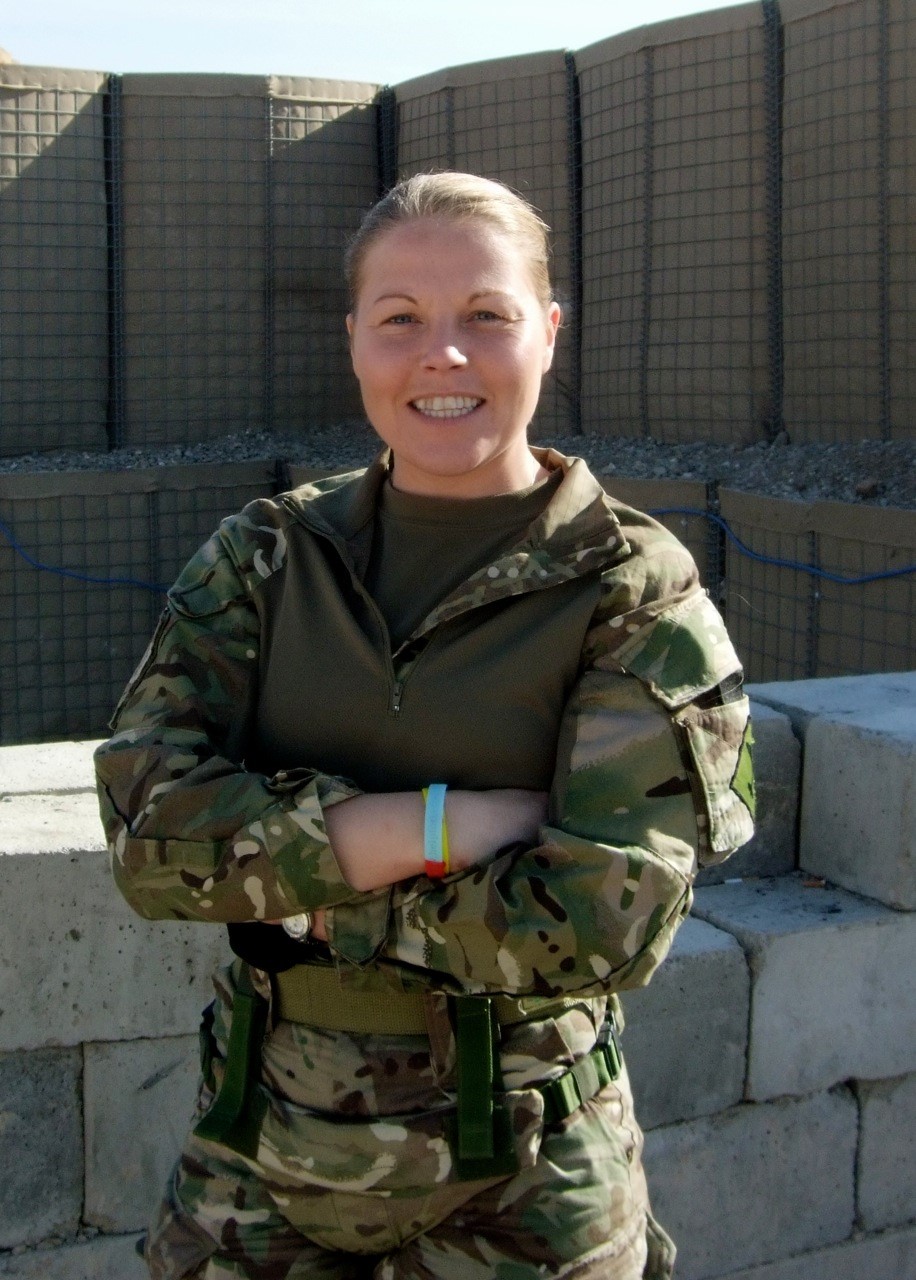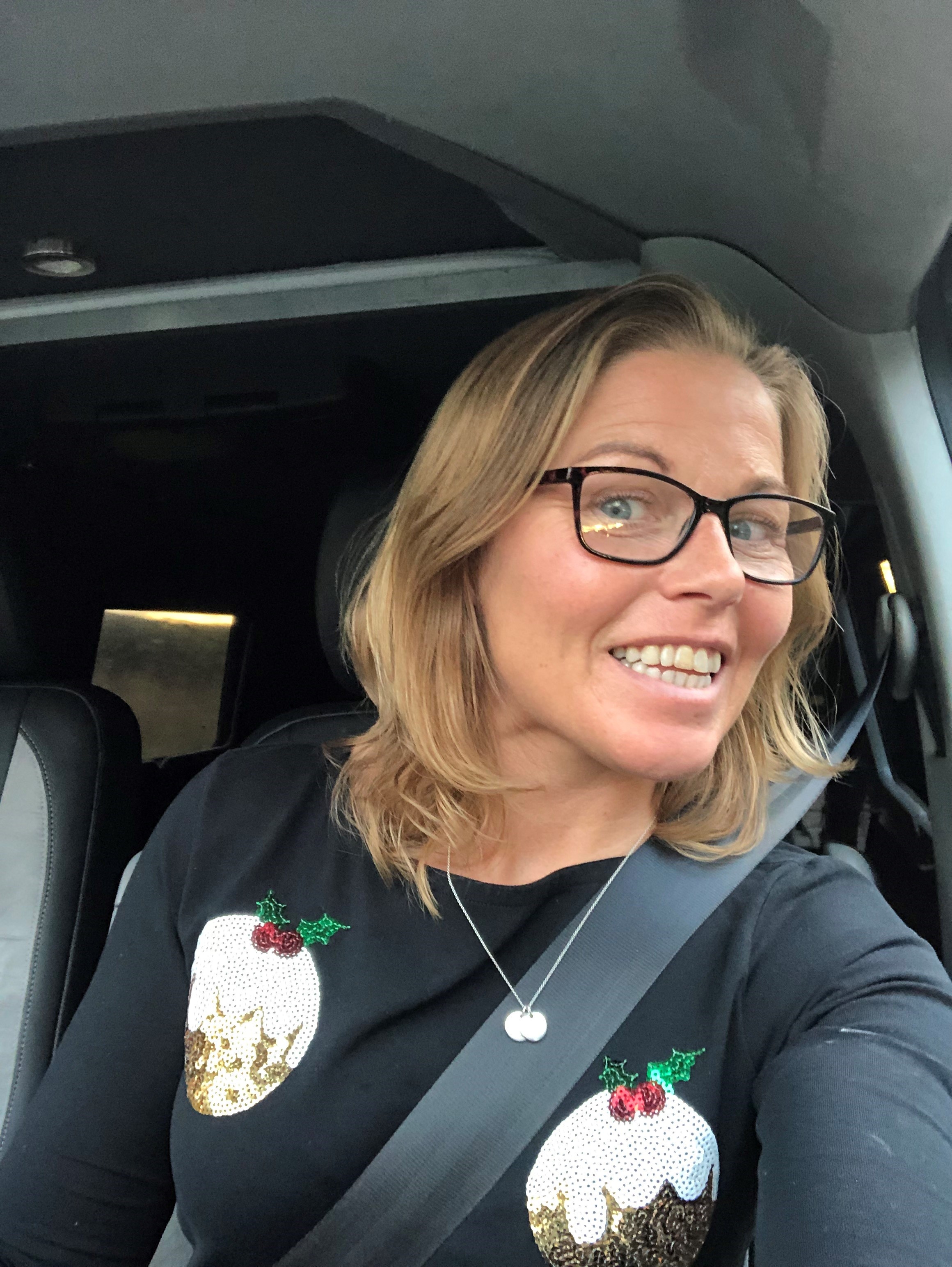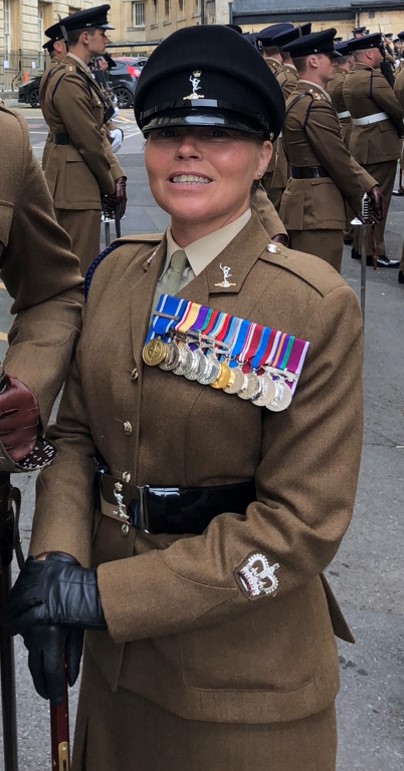An Army veteran who became an alcoholic after suffering a traumatic late-term miscarriage is celebrating nearly two years of sobriety after her son raised concerns over her drinking, and she now works to help other people combat addiction.
Janine Crowdy, 44, from Bath, is an administrator for the addiction support charity Smart Recovery, and says she became a “high functioning alcoholic” while struggling to come to terms with her loss.
Sober since August 2021, Janine has ended her 27-year career in the British Army Royal Signals to work full-time helping other veterans overcome addiction.
Janine, who lives with her 34-year-old partner and has a 15-year-old son, neither of whom she wanted to name, said: “I would encourage anyone who is struggling to reach out, whether you can’t kick that one glass a day or your addiction is in excess.

“The stigma around alcohol addiction means people are more likely to hide it and less likely to seek help so I want to encourage people to have those uncomfortable conversations.
“I couldn’t talk about my miscarriage without breaking down in floods of tears and it led to me bottling up those emotions and turning to alcohol.
“But the support is out there and there is nothing embarrassing about getting the help you need.”
After joining the Army at 16, Janine served in Bosnia, Northern Ireland, Iraq and Afghanistan.

She said: “I have always liked a drink and was usually one of the last to leave the bar. Looking back, my drink intake increased after having my son – how ironic that at the time I should be enjoying every precious minute with him, my addiction worsened.”
Janine’s struggle with alcohol addiction increased in 2012 after she suffered a traumatic miscarriage.
After losing her baby at 20 weeks, Janine said not being able to heal from the loss made her turn to alcohol.
She said: “I spent the day on a hospital ward waiting for an ultrasound scan, even though I knew I had lost my baby as the pain was horrific.

“I was induced, but after seven hours I was told I needed to go to theatre. I had never dealt with or got over the loss of my baby.
“It was very traumatic for me and afterwards I just started drinking more and more.
“I would crack open the wine as soon as I got home, a glass making dinner, another with dinner, another clearing away. As soon as I put my son to bed, I would open another bottle.
Breaking down these barriers means making people more comfortable with having uncomfortable conversations
Janine Crowdy
“I suppose it was at this point, in 2017, that I was a high functioning alcoholic.”
Janine admits she was “in denial” about her alcohol dependency and would drink to excess at social gatherings.
She added: “I thought I’d kept it quite hidden but, in a way, I wasn’t even having to hide it because there were always social functions, weddings or family parties that gave me an excuse to drink.

“But people might have noticed that I drank too much or that I was always the last person to leave.”
Janine’s turning point came in 2021 when her son raised concerns over her drinking.
In May that year, she completed a seven-week programme about drinking in moderation before being recommended to Smart Recovery, a charity that hosts meetings and online programmes to support recovery from addiction.
“My son raising concerns over it became the catalyst to make me look into getting help through work. At my last job in the military, I was the welfare officer and was responsible for other people’s health and wellbeing, so going in for help for myself felt like quite a big step,” Janine said.

Joining a Smart Recovery programme, Janine was still drinking but quit in August 2021.
She said: “There was a group within the programme for veterans and they were all people with the same background, experiences and challenges as me.
“We had gone through similar traumas, and I felt really safe and able to open up.
“Something just kind of clicked, Smart Recovery use a lot of tools that I just really clicked with, one being the hula hoop.
“It teaches you to only worry about the things in your hula hoop, your own actions, feelings, thoughts and behaviours. Anything else, such as other people’s behaviours, I can’t change because it’s not in my hula hoop so I shouldn’t worry about it.”
Since August 2021, she has left the Army to take on a new role at Smart Recovery as an administrator.
Joining the team in December 2022, Janine helps other veterans with alcohol and drug addictions, self-harm, post-traumatic stress disorder and mental health issues.
She said: “Until around 18 months ago, I couldn’t talk about my miscarriage and the experiences I went through with it, without crying and breaking down.

“Since getting help, I’ve been able to get closure on it and feel supported.
“Being able to help others is extremely rewarding, I feel like I can use my own experiences to benefit others and I’m living proof to people in the programme that it does work.”
Now, Janine hopes to break the stigma around alcohol addiction.
She added: “There is a lot of prejudice that goes with addiction. People assume alcoholics are probably sat on a park bench somewhere, drinking out of a brown paper bag, but addiction can touch anyone at any time, and because people don’t feel that they can talk about it, it becomes like a dirty little secret.
“This leads to people not accessing the help and support that’s out there.
“Breaking down these barriers means making people more comfortable with having uncomfortable conversations and just letting them know that the support is out there.”
Janine is supporting Smart Recovery’s global fundraising campaign Unite for Recovery which is calling for people to sign up to the walking challenge or donate to help stamp out addiction-related stigma. For more information, visit: www.uniteforrecovery.org.uk.
You may also like: Why York’s a true northern star

